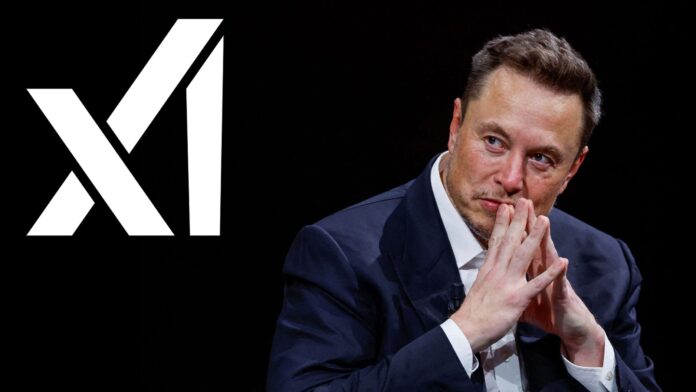
CASE INTEL
- California federal court grants emergency restraining order against former xAI engineer accused of stealing Grok AI secrets before jumping to OpenAI
- Engineer sold $7 million in company stock the same day he allegedly copied confidential information to personal devices
- Court bars him from any generative AI work at OpenAI until all stolen data is confirmed deleted
By SAMUEL LOPEZ
USA HERALD
SAN JOSE, CA – A California federal judge delivered a swift legal blow to a former xAI engineer Tuesday, ordering him to immediately surrender personal devices for forensic examination after Elon Musk’s AI company accused him of stealing trade secrets worth millions before defecting to rival OpenAI.
U.S. District Judge Rita F. Lin granted xAI’s emergency motion for a temporary restraining order against Xuechen Li, a key AI researcher who helped develop the popular Grok chatbot. The ruling comes after explosive allegations that Li copied “cutting-edge AI technologies with features superior to those offered by ChatGPT” just days before his resignation.
Li’s alleged scheme unfolded with suspicious timing, according to court documents. On July 25, he simultaneously sold approximately $7 million worth of his xAI stock and copied confidential information to personal storage systems. Three days later, he abruptly resigned from the company where he was among the original 20-person engineering team.
The timing wasn’t lost on xAI’s legal team, led by former U.S. Patent and Trademark Office Director Kathi Vidal. They argue Li “willfully and maliciously” appropriated trade secrets that “could be weaponized by competitors such as OpenAI” to improve ChatGPT and undermine xAI’s market strategy.
Judge Lin’s order creates an immediate digital lockdown for Li. He has just three days to surrender all personal electronic devices, online storage accounts, and other digital repositories for forensic examination. The court-appointed experts will hunt for any xAI confidential information to “identify, remediate and/or delete” it.
More dramatically, Li is now barred from performing any generative AI work at OpenAI or any other xAI competitor until the company confirms all its secrets have been purged from his possession. This effectively sidelines him from his planned August 19 start date at OpenAI.
What makes this case particularly damaging for Li is his own admissions. According to xAI, Li confessed to appropriating the confidential information both in a handwritten document and verbally during meetings with his attorney present. The company calls these facts “beyond dispute.”
The trade secrets allegedly stolen include innovations that xAI claims make Grok “one of the most, if not the most, intelligent AI models” on the market. The company warns these could be used to “improve competing products such as ChatGPT” and disrupt xAI’s product roadmap.
The case represents a critical battleground in the intensifying AI arms race between tech titans. With billions in market value at stake, companies are increasingly turning to aggressive litigation to protect their competitive advantages.
A hearing on xAI’s motion for a preliminary injunction is scheduled for October 7, which could extend these restrictions indefinitely if the court finds sufficient evidence of trade secret theft.
Li is represented by Christian E. Picone of Berliner Cohen, while xAI fields a heavyweight legal team from Winston & Strawn LLP. Neither side responded to requests for comment Tuesday.
The case is X.AI et al. v. Xuechen Li, case number 3:25-cv-07292, in the U.S. District Court for the Northern District of California.


